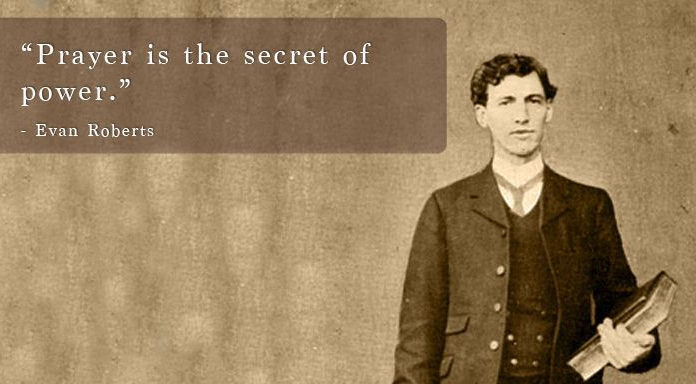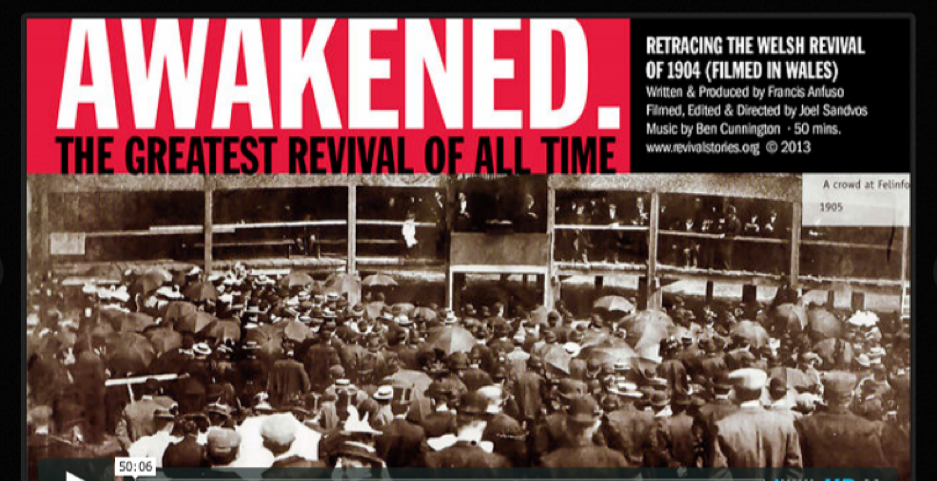It was Boxing Day, 1903. Around 40,000 people, mainly coalminers, went to the city of Cardiff in Wales (in the United Kingdom) for a big celebration; but, as usually happened, thousands ended up the worse for wear because of their excessive drinking. There was violence and trouble in the streets, and police arrested many people for drunkenness.
Now fast-forward one year to Boxing Day, 1904. This time, only about 20,000 went to Cardiff; and arrests for drunkenness dropped by a massive sixty per cent.
What was going on?
It wasn’t just this single day that was different, either. Despite this being a holiday period, which would normally see police in many Welsh towns and villages busy dealing with violence, crime and other problem behaviours, there were hardly any arrests.
The police found it strange that they had very little to do. There were no reports of domestic violence, and pubs reported that they hardly had any customers, even on Saturday nights. Crime had almost ceased.
There were other changes, too. Families were happier, as fathers and mothers were no longer spending their hard-earned money on alcohol and gambling. Many children received Christmas presents for the very first time, and some children who had never been properly cared for were now being given regular meals and provided with decent clothing.
The miners worked harder for their employers, and they changed the way they spoke, too – so much so, that the pit ponies that they used in the mines, which were used to hearing the miners using a lot of bad language, no longer understood their commands and became confused!
People started paying their outstanding bills. Town magistrates would come to the Court only to find there were no cases. People who had quarrelled for many years and held grudges forgave each other and were reconciled.
What – or who – could have brought about such a radical change?

Evan Roberts (1878–1951) was born in the small town of Loughor in Glamorgan, eleven kilometres from Swansea in Wales. He left school at eleven years old and worked with his father in the mines until he was in his early twenties. For a short time, he became a blacksmith’s apprentice with his uncle.
As a fifteen-year-old teenager, Roberts, who was a strong believer in God and a follower of Jesus, had started praying for his town. He cared for the townsfolk, and he could see that they were destroying themselves, their families and their community with their alcoholism, violence and neglect of their family responsibilities. He knew that God had a better plan for their lives.
He continued to pray regularly that God would change people’s hearts. During the spring of 1904, as Roberts was preparing to go to Bible College, he would often wake to pray in the middle of the night, sometimes praying for his community for hours until morning came.
God soon answered his prayer. Later that year, Evan Roberts began visiting and speaking in many small towns in Wales, including his own. When people heard him speak about Jesus and about living God’s way, many were convinced that they needed to change their rebellious and harmful behaviour. After an initial group of sixty people responded to his message in the first week alone, it has been estimated that between 100,000 and 180,000 people invited Jesus into their lives over the next couple of years as Evans’ message spread.
This great awakening became known as the Welsh Revival. It became national news, as reports of social change came in from far and wide. Newspaper reports spoke of the reduction in crime, the decrease in sexual immorality, the way employees now worked harder for their employers, and how people now had a sense of meaning and joy in their lives instead of despair.

People who accepted the Christian faith were completely changed; their whole lives, and the lives of their loved ones and communities, were different. Evan Roberts’ prayers had been answered.
The following is just one of the many newspaper reports about these changes in society.
The Welsh Gazette, 29 December 1904
Travellers by the crowded trains on the Cambrian lines on Saturday had a new and wonderful experience. The Revival in Glamorganshire was the topic of conversation. At Machynlleth, where the Aberystwyth and the Barmouth portions of the trains had to be divided, all the passengers from both trains congregated on the platform and an impromptu prayer meeting was held, earnest supplications being offered up that each person might carry the sacred fire with him to his destination, and there assist in the setting his own district ablaze. How the prayer has been answered a dozen Northern Counties can already testify. Statistics giving the number of converts in connection with Churches of South Wales collected up to the beginning of last week showed 19,654 converts.
Mr D. Davies, Chairman of the Maesteg District Council giving his views as to the effects of the Revival, says there is practically no police work now as the quarrelling and drunkenness seem to be almost at an end. He had lived in the district all his life and had never seen the houses and the children so well cared for.
Last year something like 40,000 people, mostly colliers, visited Cardiff on Boxing Day, and crowds of them became the worse for drink. This year only half last year’s number were taken to Cardiff, and among those returning only one or two cases of drunkenness were noted. Number of persons taken to the Police Station for drunkenness decreased by at least 60%.
Written by Graham McDonald.
References and further reading
The Welsh Revival (BBC)
Truth in History website – The Welsh Revival of 1904–1905
Newspaper reports on the Welsh Revival, 1904–1905
